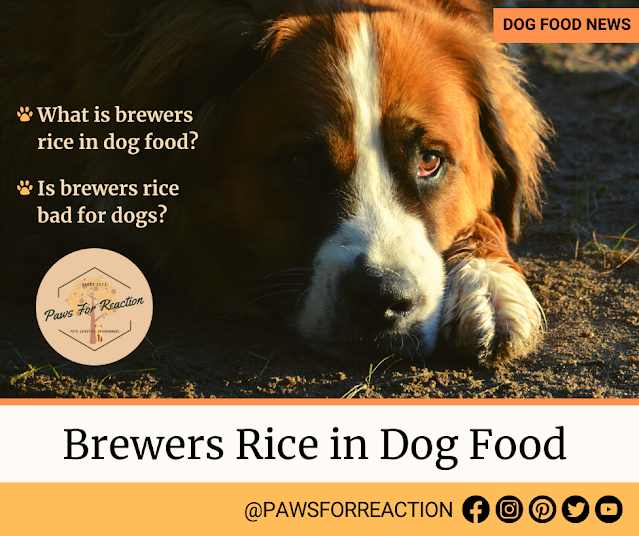With #Easter just around the corner, many pet owners are wondering: Are #eggs good for #pets?
 |
| Photo by Frank Roche Foter.com CC BY-NC |
 |
| Photo by ginnerobot Foter.com CC BY-SA |
Easter is in season and painting eggs is all the rage. Don’t be fooled, eggs are more than just the pretty and decorative symbols of this spring holiday. Eggs are full of protein and nutrients that are great for people. But are eggs good for pets?
The general rule is to avoid raw egg when feeding this treat to any dog, cat or small mammal pet. Those pets all have similar reactions to uncooked egg. Some snakes and other reptiles will eat whole eggs but it is important that reptile owners do a lot of research before feeding an egg to their pet.
Uncooked egg whites contain avidin- a substance that can cause a biotin deficiency in dogs and cats if they consume too much uncooked eggs. Avidin binds the water-soluble B vitamin biotin and prevents it from absorbing into the gastrointestinal tract. The animal can suffer from hair loss, bloody diarrhea, dermatitis and other symptoms.
Uncooked eggs also contain bacteria called salmonella that can cause stomach upset, vomiting and diarrhea in both pets and humans. The fortunate thing is that by cooking the eggs both of these illnesses can be avoided and your pet can enjoy all the benefits and deliciousness of eggs.
If your pet eats a small amount of raw eggs it may come out unscathed but the pet should still be monitored for any signs of illness. When in doubt always visit with your veterinarian- putting off a vet visit can lead to worse issues and larger bills in the end.
Hard-boiled eggs and scrambled eggs can be a great treat for dogs, cats and small animals alike. Rats, rabbits and hedge-hogs are all lovers of a good hard-boiled egg. Eggs can be found in most treats and pet foods and are a great protein source.
 |
| Photo by Plastic_Bat Foter.com CC BY-NC-ND |
The key is moderation. Treats should never be more than 10 per cent of the animal’s total diet. Eggs contain fat and cholesterol and should not be fed often. It is important to remember that every pet is different and pet owners should adjust the pet's diet to suit its needs. For instance dogs suffering from hyperlipidemia and pancreatitis should not be fed eggs due to their high fat content.
Keep an eye on your pet for any sign of food allergies when feeding eggs to your pet for the first time. Some symptoms of food allergy in dogs and cats are tearing eyes, ear infections, redness or hotspots around the face and hind end, scratching and excessively licking paws.
Set aside those paintbrushes and try giving some egg to your pet as an Easter treat. They are full of nutrients, great for the skin and coat and your pet will find them delicious!
animals
canine
cats
companion animal
dogs
Easter
Easter eggs
egg
eggs
feline
food
health
holiday
nutrition
paws for reaction
pet food
pets
spring
veterinary






















0 Comentarios